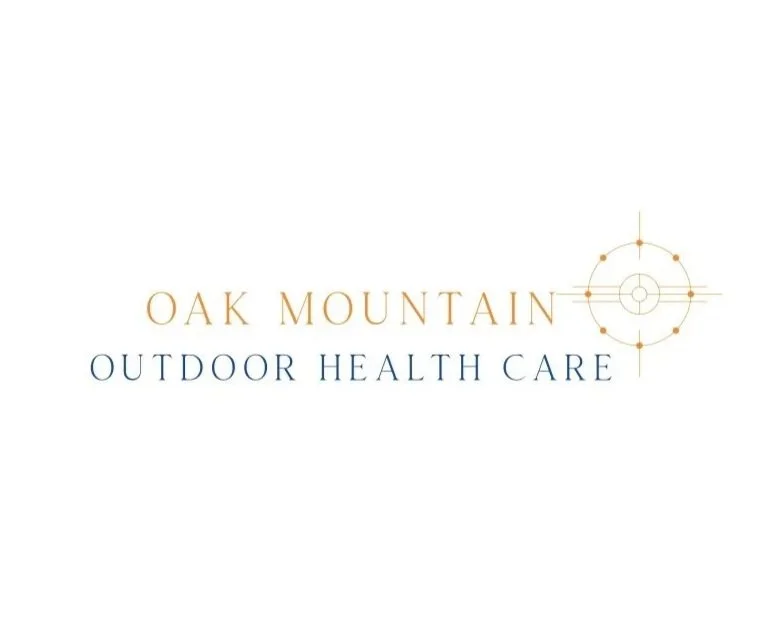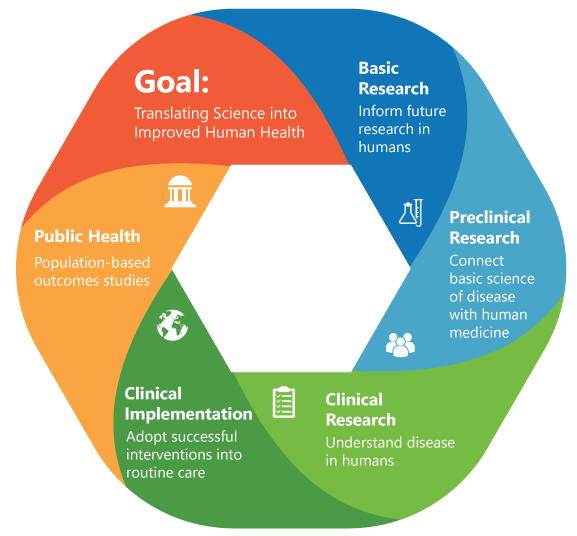
Where Medicine Meets the Mountain
At Oak Mountain Outdoor Healthcare, we’re redefining what it means to heal.
By blending professional clinical care with transformative outdoor experiences, mindfulness in nature, and systemic awareness we help individuals prevent and manage chronic mental and physical conditions through the restorative power of nature.
We believe the outdoors is more than a backdrop.
It’s a catalyst for healing.
We are Value-Based Outdoor Healthcare℠ (VBOHC): A Disease-Modifying Systems Model for Integrative Health
Value-Based Outdoor Healthcare℠ (VBOHC) integrates value-based healthcare infrastructure to address chronic, behavioral, and metabolic diseases.
We conduct translational studies to evaluate how structured outdoor engagement combined with clinical and digital health monitoring, modifies biological, psychological, and quality of life outcomes.
Grounded in epigenetics, systems theory, and behavioral health science, VBOHC positions the natural environment as a therapeutic and preventive healthcare setting.

